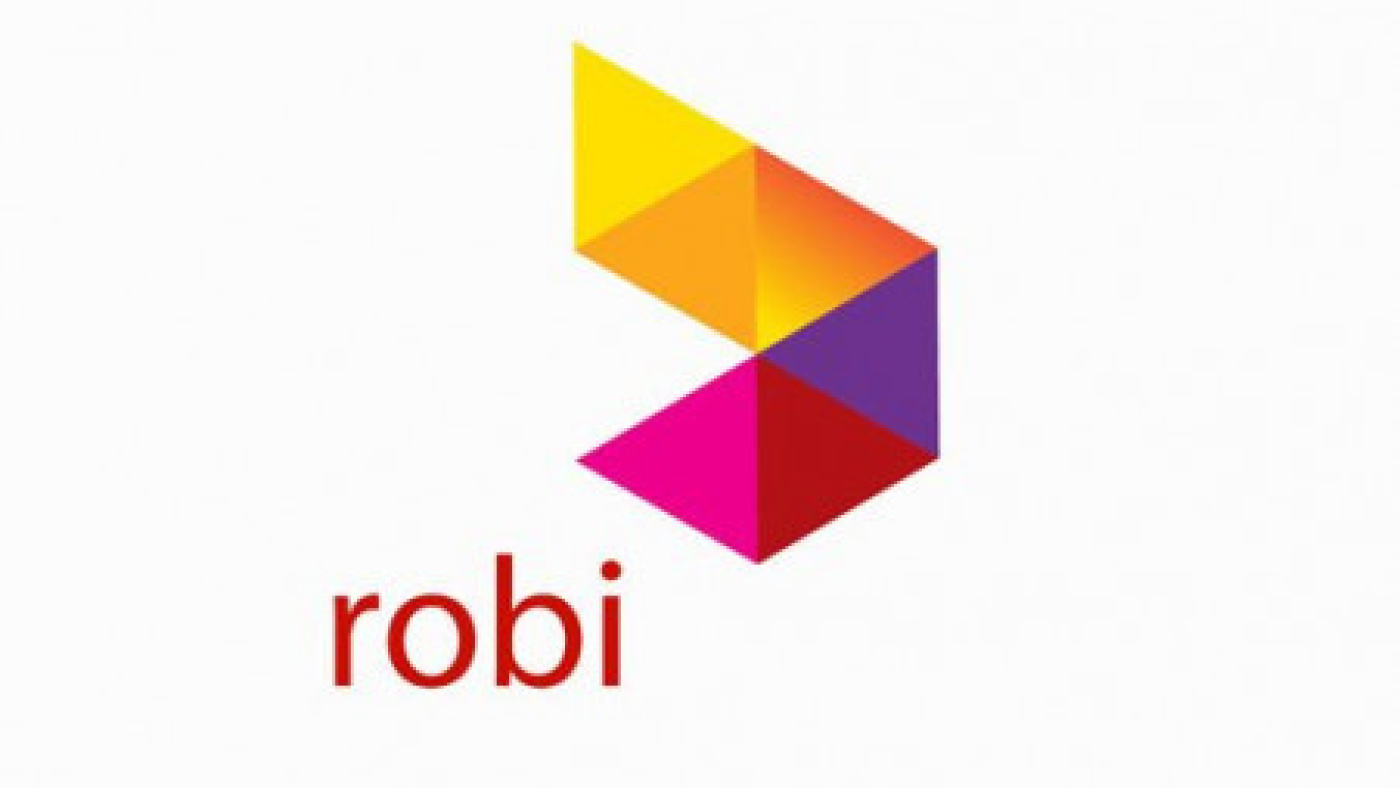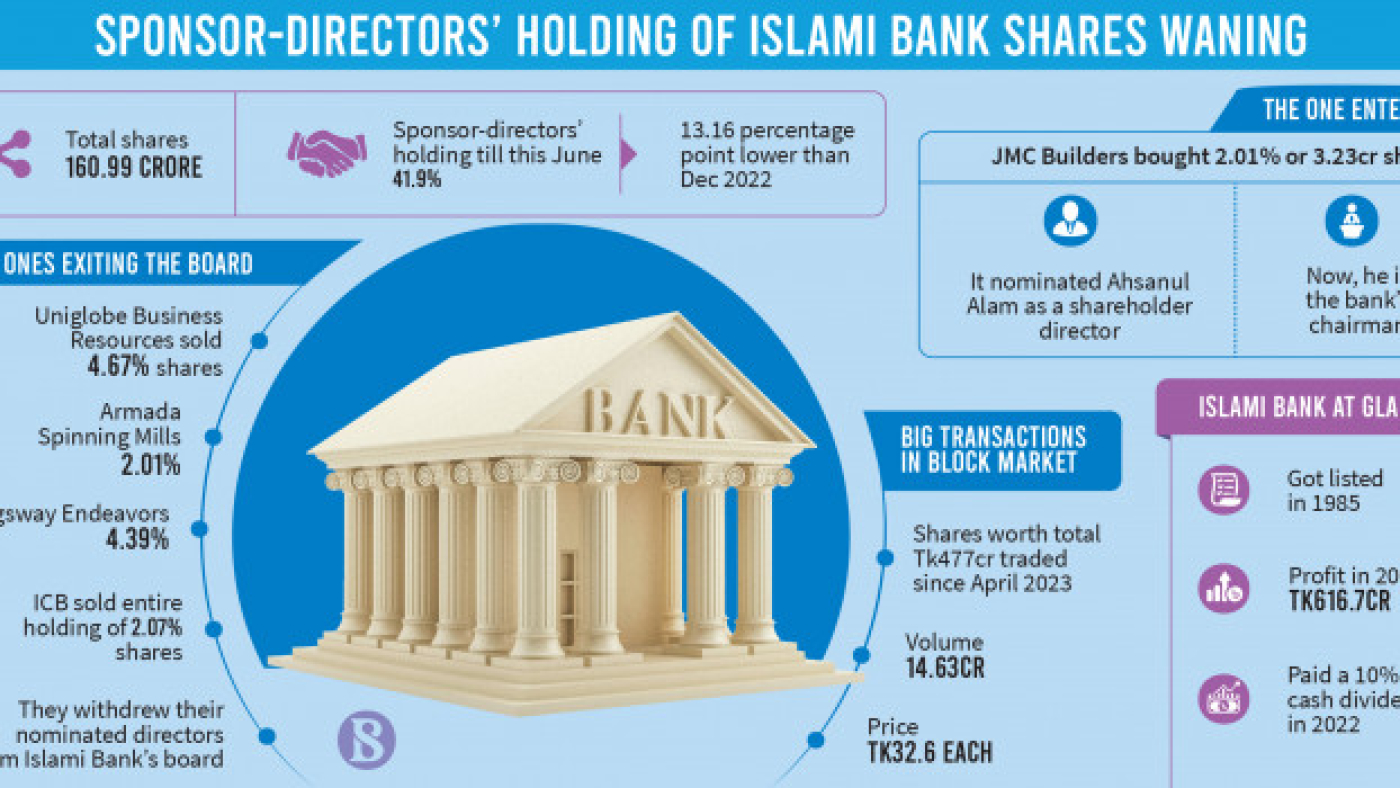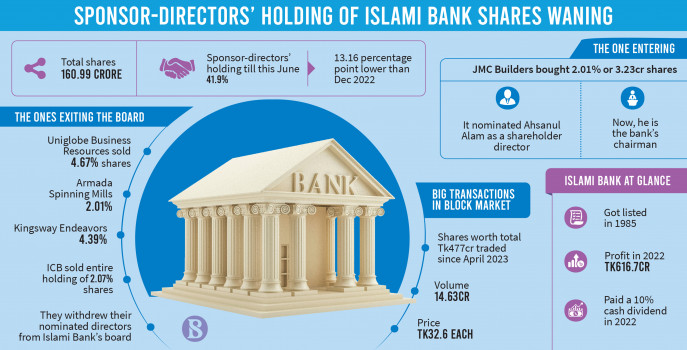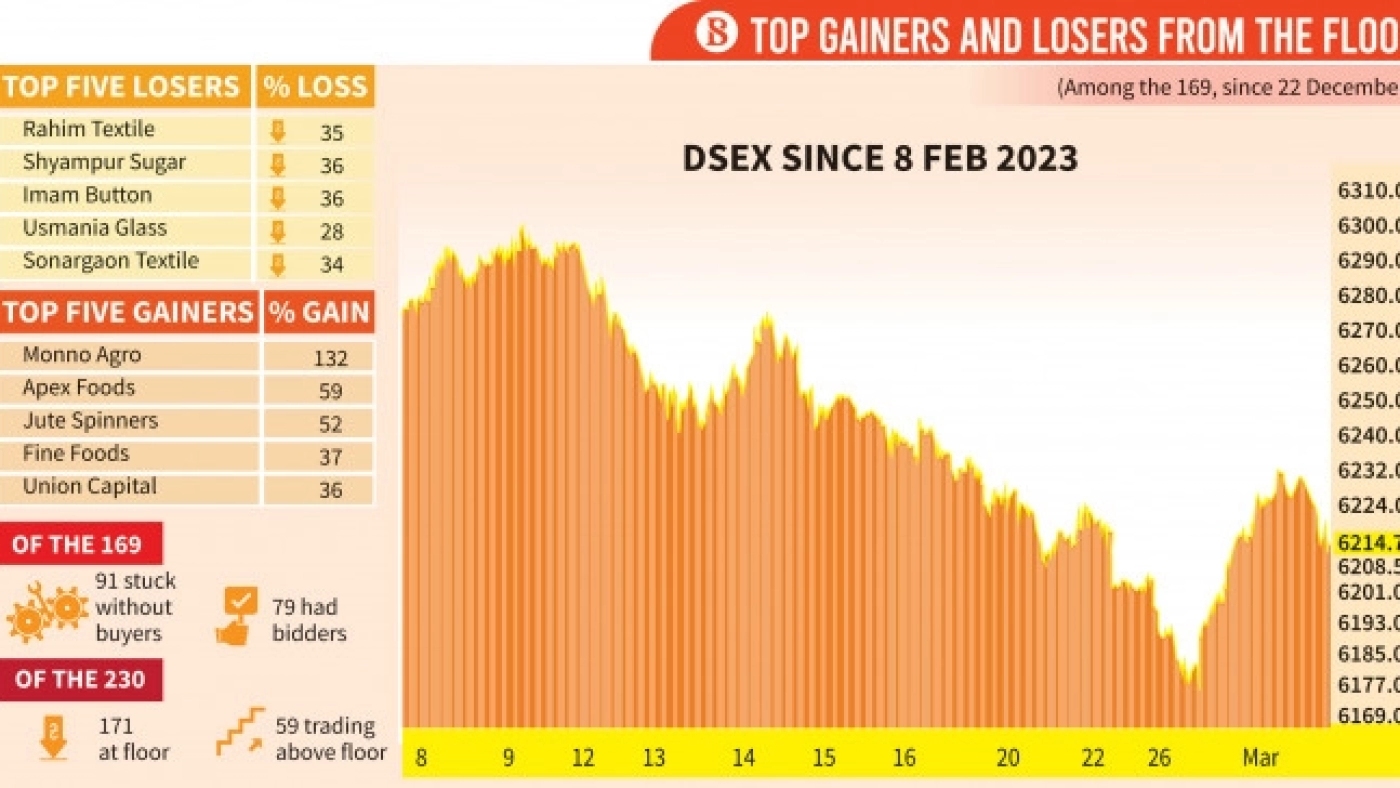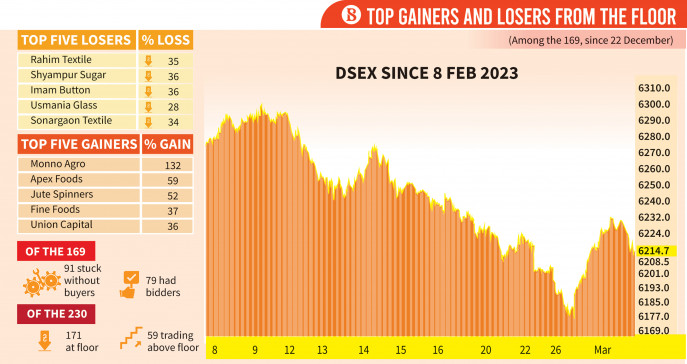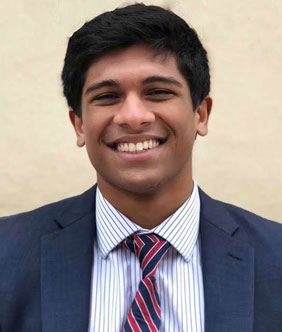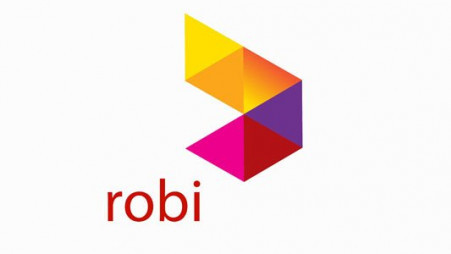
Robi Axiata Limited, the country’s second-largest telecom operator, reported a significant growth of 154%, reaching Tk106.65 crore in the January-March quarter of 2024.
The company published the unaudited report for the first quarter of this year today.
According to the report, its revenue surged by 7% to Tk2,516 crore, compared to the first quarter of the previous year.
Robi’s consolidated earnings per share (EPS) stood at Tk0.20, net asset value (NAV) per share at Tk12.96, and net operating cash flow per share at Tk1.74 at the end of March this year.
Its revenue from mobile services, including voice, non-voice traffic, data, subscription, and connection fees, rose by 8% to Tk2,340 crore. However, revenue from interconnect services fell by 1% to Tk130 crore.
Additionally, Robi’s revenue from the sale of devices declined by 84%, while revenue from other sources, such as commission, IT professional services, and digital services, rose by 4% to Tk0.43 crore and Tk30 crore, respectively.
Robi Managing Director and CEO Rajeev Sethi, in a press release, said, “We are observing that the macro-economic condition and high inflation is impacting the usage pattern of our subscribers. This comes on the heels of the stagnant state of smartphone device penetration growth.”
“It may be noted that Bangladesh has a lot of room for growth in terms of data consumption when we look at the neighbouring countries. What we need is immediate policy intervention to unlock the growth potential amidst the trying state of the economy,” he added.
Earlier, Robi reported that its revenue jumped 16% year-on-year to Tk9,942 crore in 2023, marking the highest ever yearly turnover in its history.
It also recommended a 10% cash dividend to its shareholders for the calendar year 2023.
To approve the dividend and the audited financial statement, the multinational company will conduct the annual general meeting on 24 April.
“Robi’s record setting revenue for 2023 was driven by the supreme confidence our subscribers had on our network,” Rajeev Sethi said in the statement earlier.
The growing confidence led Robi to post the highest number of subscriptions among all operators in 2023, he added.
According to the press release, Robi has 5.81 crore mobile subscribers, accounting for 30% of the total as of March.
Its share price closed at Tk26.40 each today, down 1.49% from the previous session at the Dhaka Stock Exchange.
Robi commenced operations in 1997 as Telekom Malaysia International (Bangladesh) with the brand name “Aktel.”
In 2010, it was rebranded as Robi, and the company changed its name to Robi Axiata Limited. The company also later merged with Airtel.
The mobile network operator raised Tk523 crore from the stock market through an initial public offering in 2020.
Axiata Group Berhad owns 61.82% of Robi, Bharti Airtel of India owns 28.18%, and the general public holds the remaining 10%.
Source: The Business Standard


